1、 Curing method
1. Temperature: mulberry has strong adaptability to temperature. Generally speaking, it can grow between four and thirty degrees. However, if you want it to sprout, you need to keep it above 12 degrees and try not to be below zero in winter. Of course, it can't be too high in summer. Try not to exceed 40 degrees
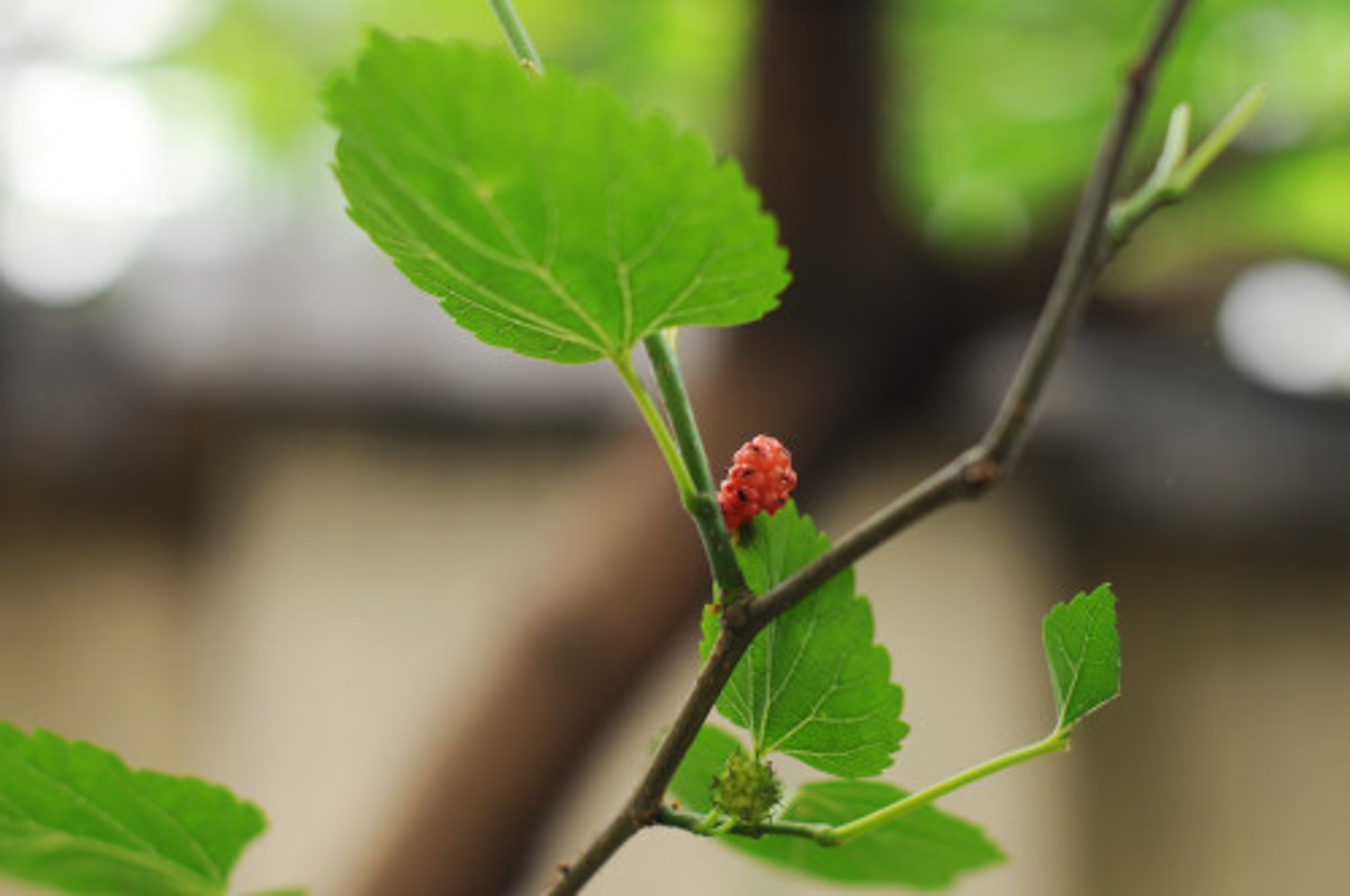
2. Light: sunshine is very important in the growth of mulberry, especially in the flowering and fruiting stages. It's a little shade resistant, but it won't work if it's dark for a long time. Generally speaking, it's good to always put it where there is astigmatism. You should also pay attention to shade when there is strong light
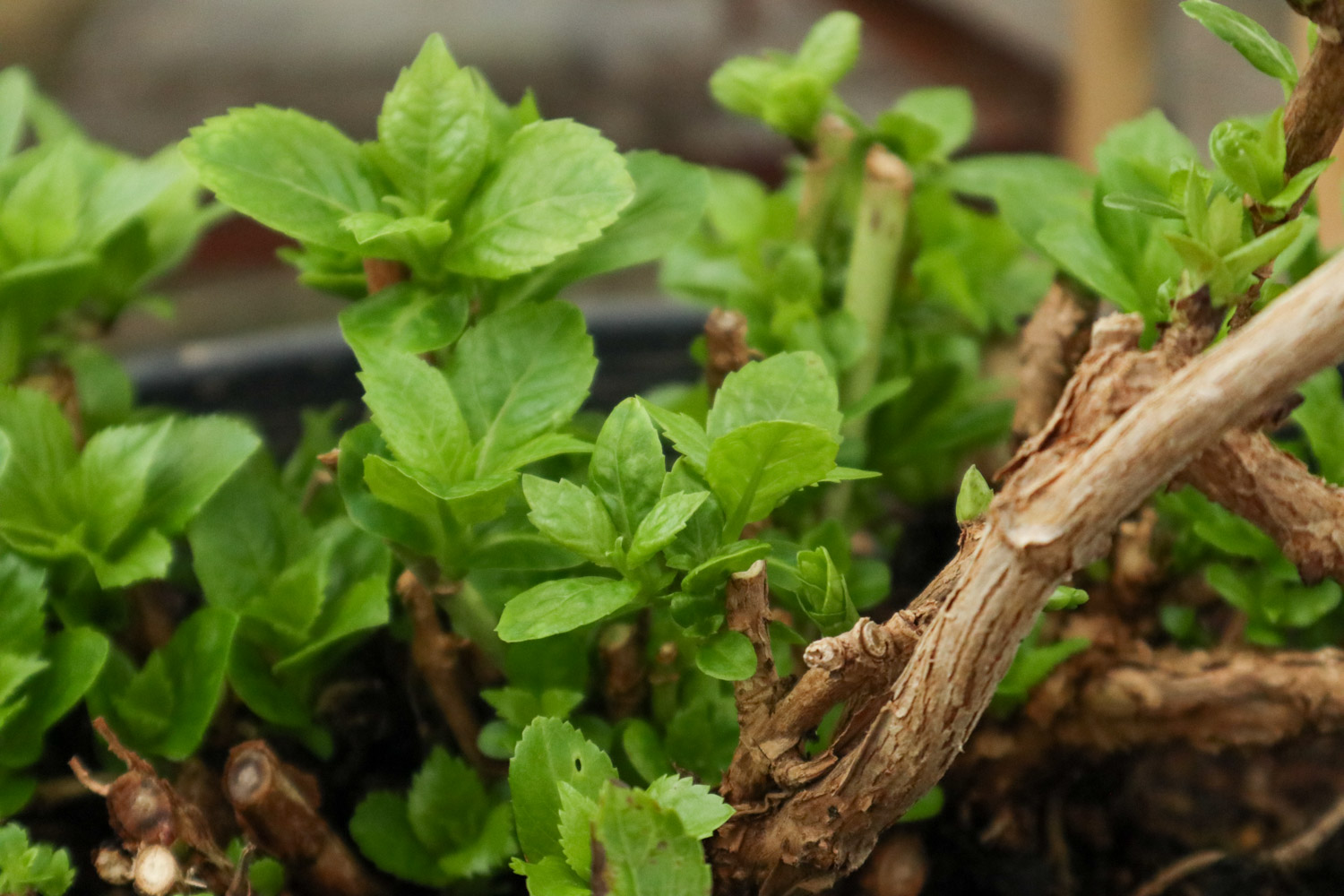
3. Watering: Mulberry likes warmth, and there is more domestic water demand during its growth. You can't wait for the soil to dry for a long time before watering. Generally, you can add water after it is half dry. But at the same time, it is also afraid of waterlogging, so it's best not to accumulate water
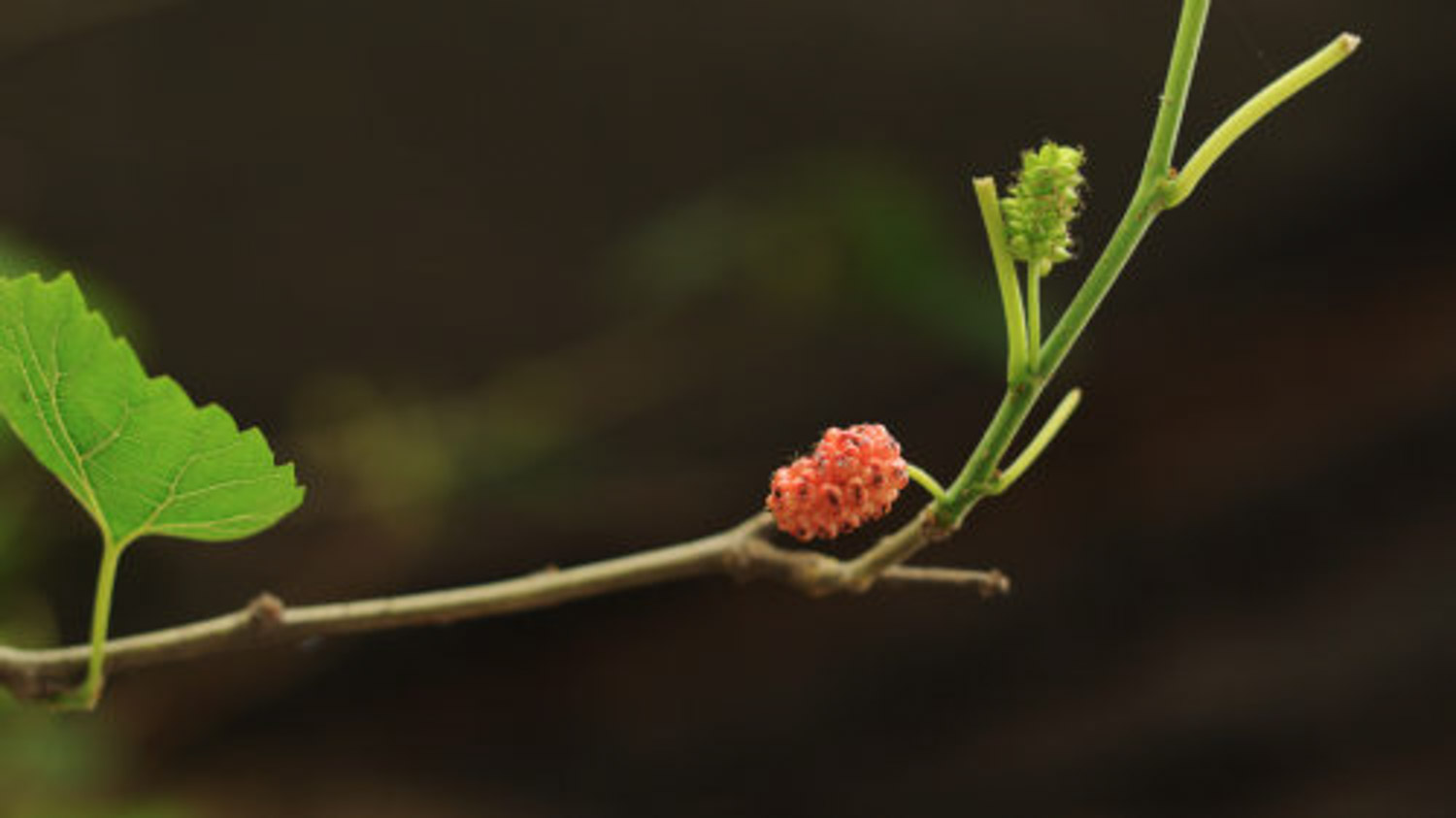
4. Fertilization: the use of an appropriate amount of fertilizer will also help the yield and taste of the fruit. Mulberry is generally planted in orchards and can be fertilized intensively
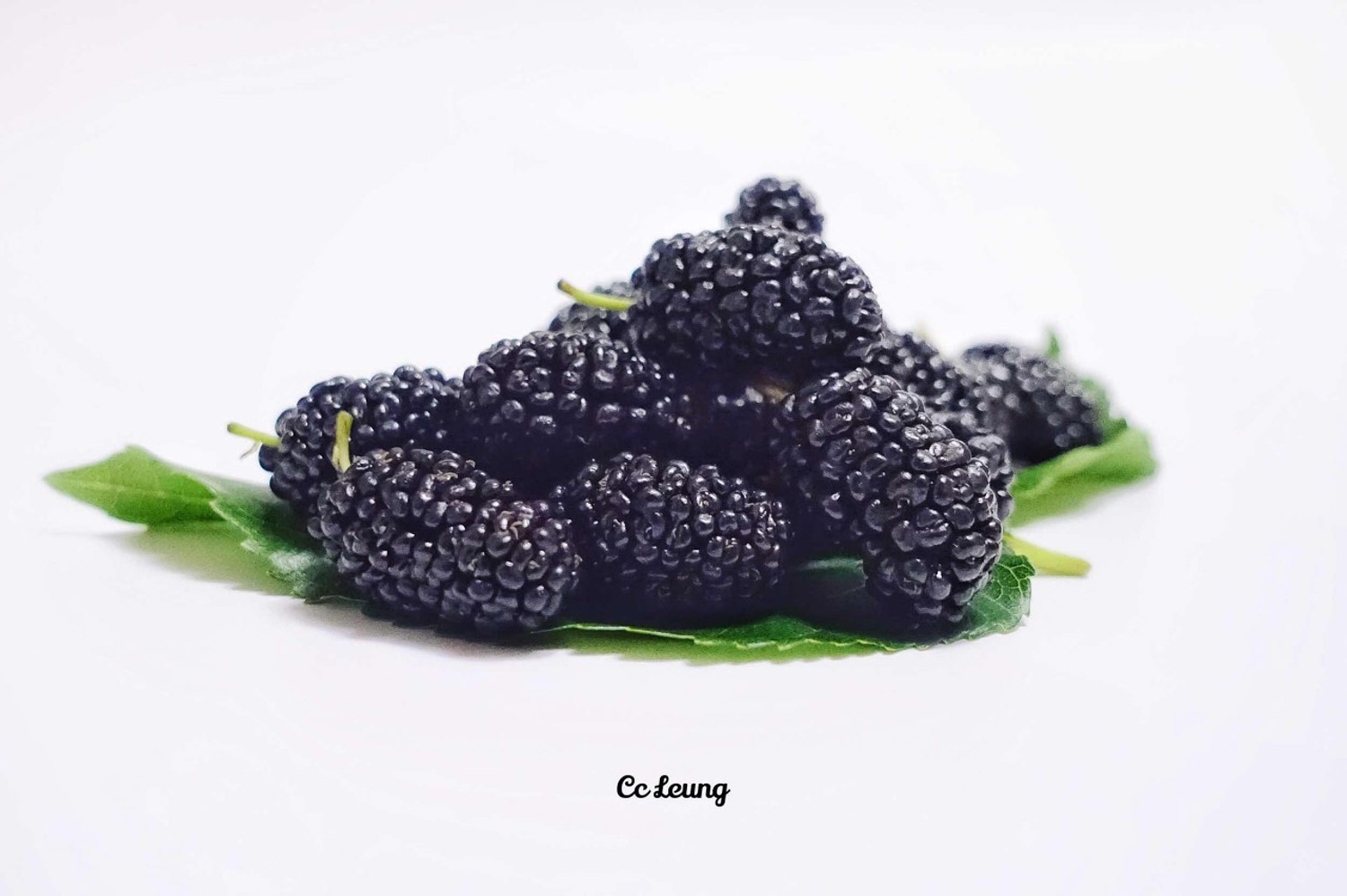
2、 Breeding skills
1. Reproduction: the method of seed reproduction can be adopted. Collect the fruit, then remove the peel, take out the seed and clean it. If it is not sown immediately, it needs to be stored in wet sand. It can be sown in spring, summer and autumn. Before sowing, soak the seeds with water of about 50 degrees. The row spacing can be 20 cm, the plant spacing can be about 30 cm, and the depth of trenching is about 1 cm. After about ten days, the seedlings will emerge slowly

2. Pruning: its leaves need some pruning treatment, such as when the leaves are yellow and dry. Moreover, pruning is also an auxiliary measure when diseases and pests occur
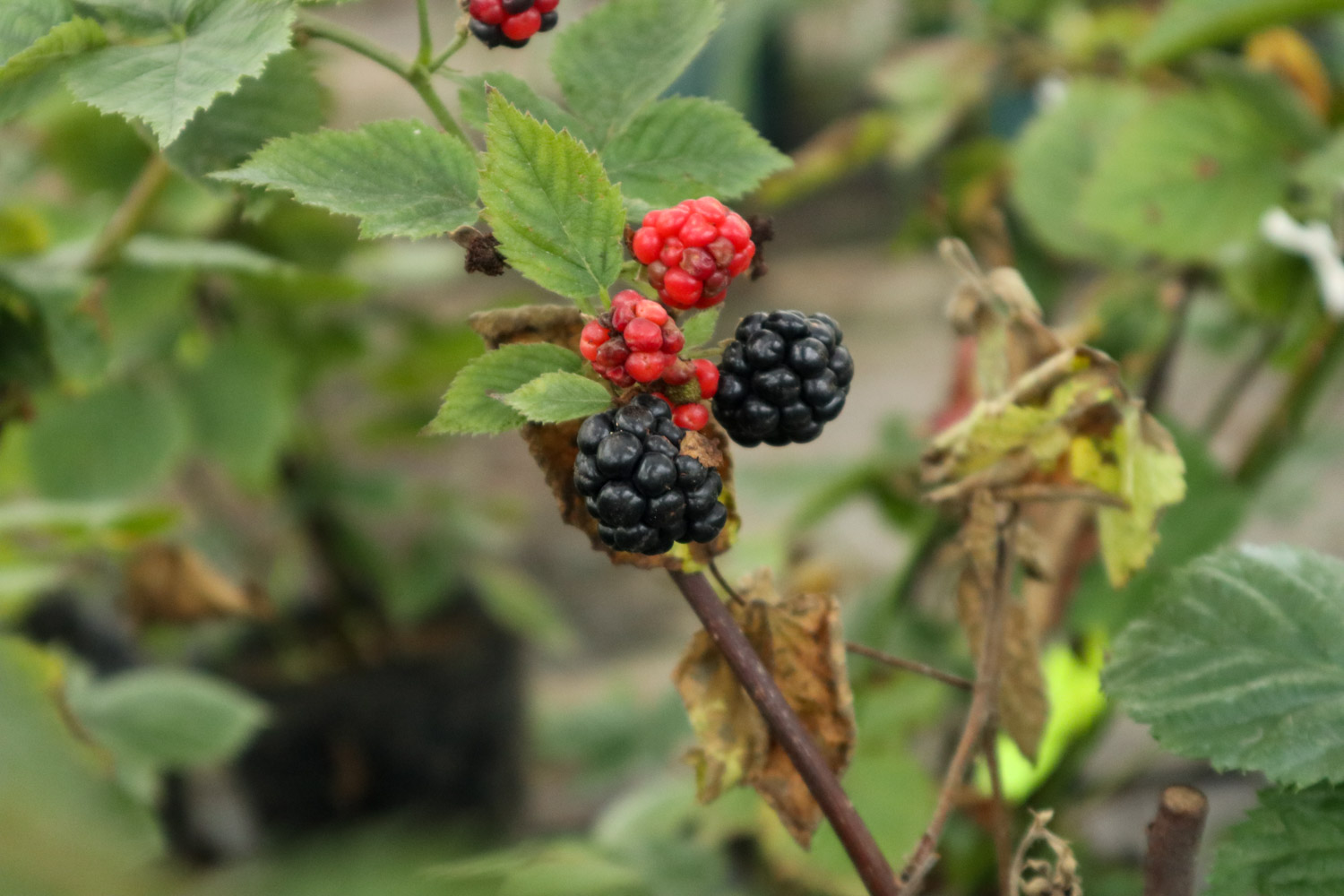
3、 Problem diagnosis and treatment
1. Disease: there is "Sclerotinia Disease", which is very harmful, and the fruits and leaves will be damaged. Class a tobuzin can be used for prevention and treatment. There will also be "bacterial wilt". After the diseased plant is found, it needs to be disposed of in time to prevent the disease from expanding. In addition, it needs to be sprayed
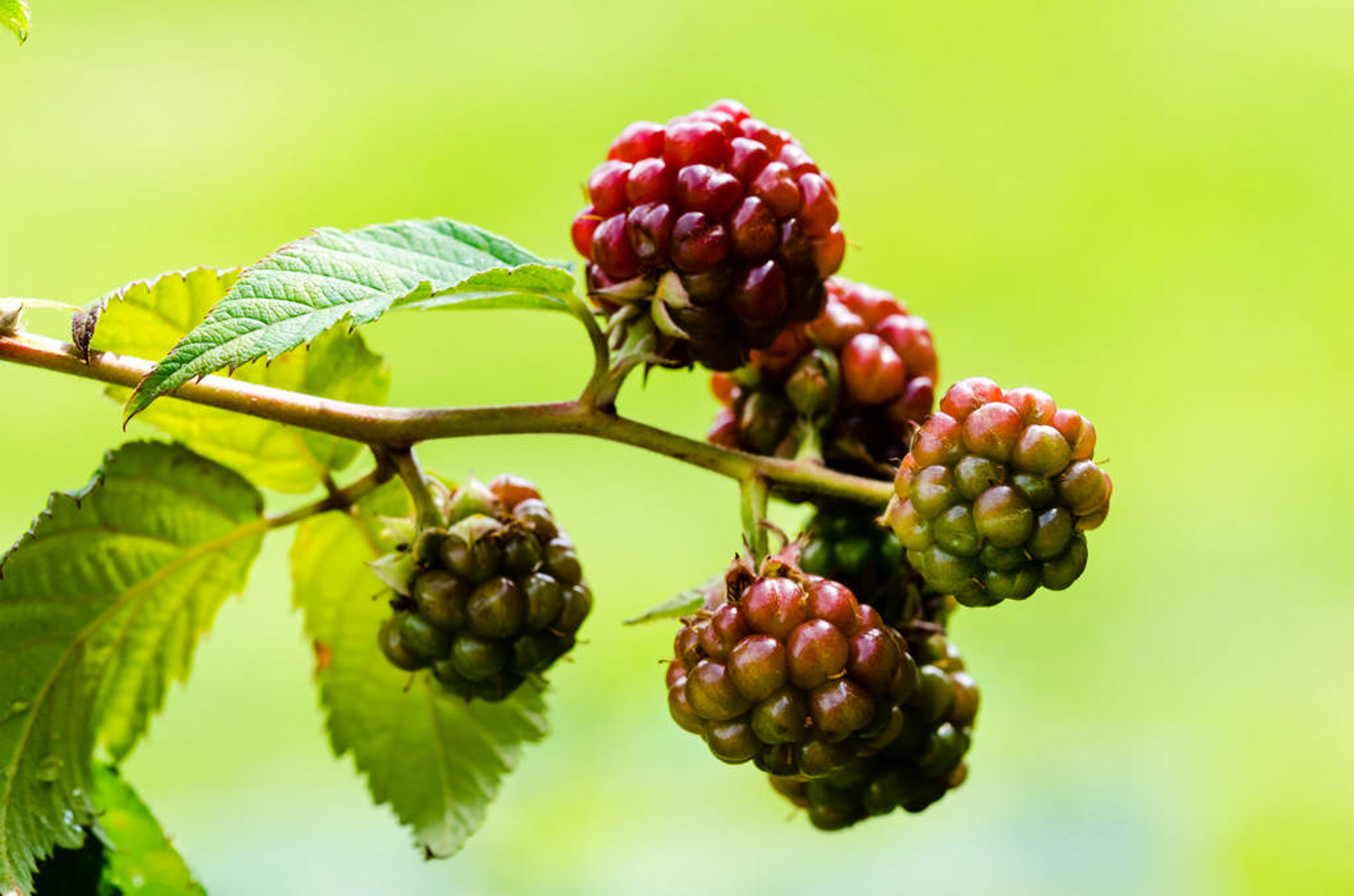
2. Insect pest: it is less than diseases, but it must be prevented and controlled in time after emergence, otherwise the number of pests will further increase
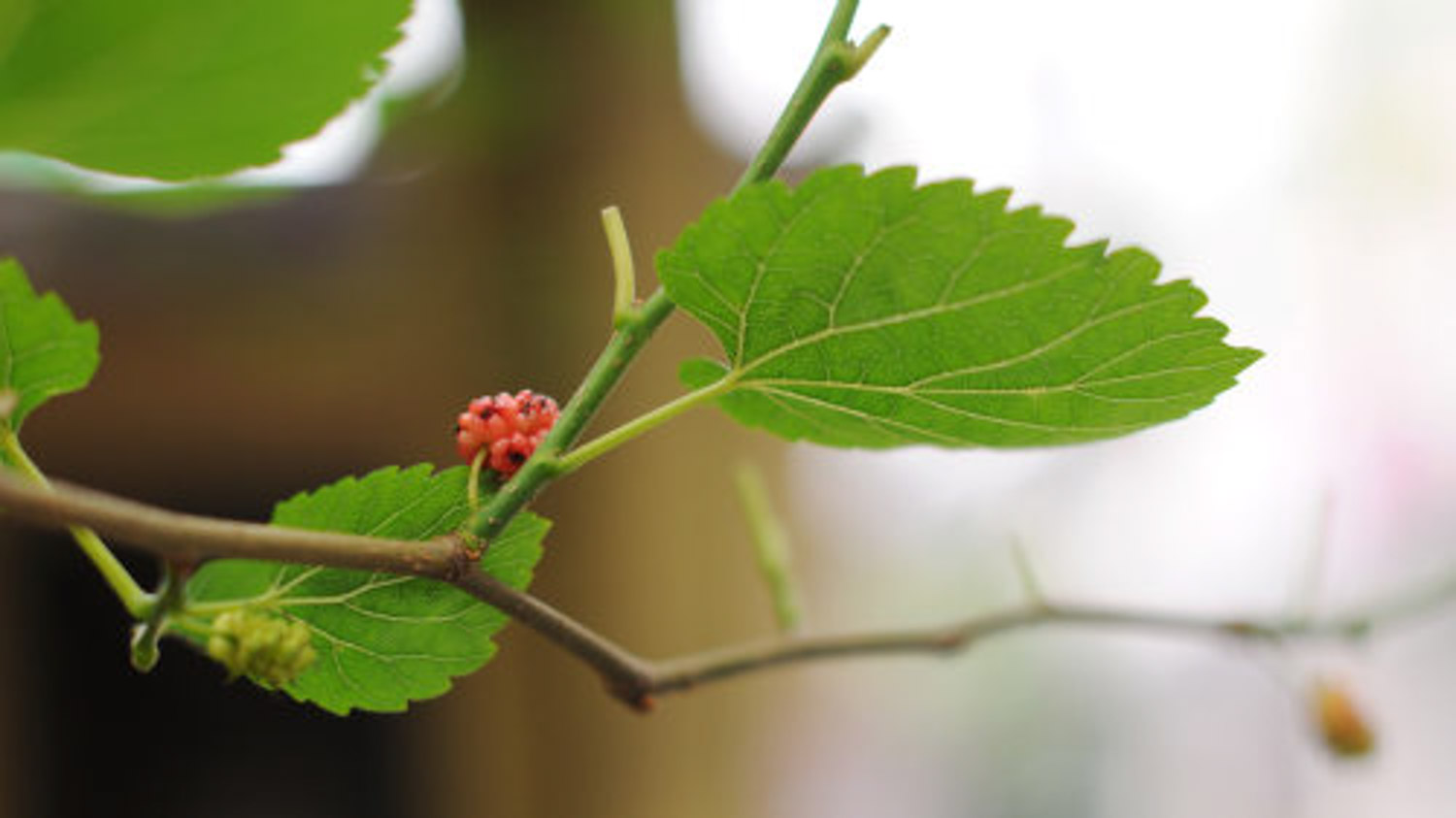
4、 Other issues
1. Toxicity: its plant is non-toxic and its fruit is edible

2. Whether it can be raised at home: it is generally planted intensively in orchards< a>
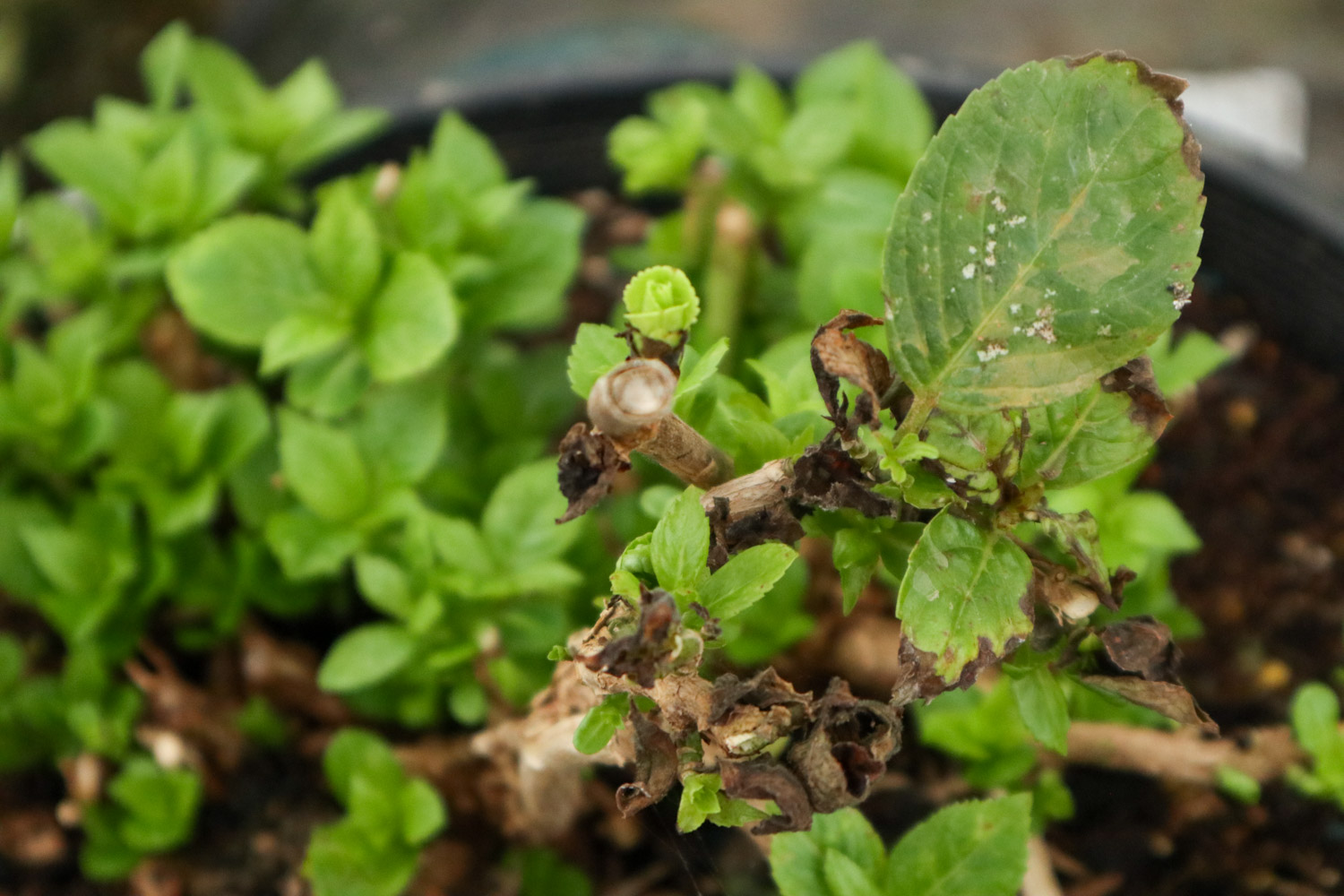

 how many times do yo...
how many times do yo... how many planted tre...
how many planted tre... how many pine trees ...
how many pine trees ... how many pecan trees...
how many pecan trees... how many plants comp...
how many plants comp... how many plants can ...
how many plants can ... how many plants and ...
how many plants and ... how many pepper plan...
how many pepper plan...





























